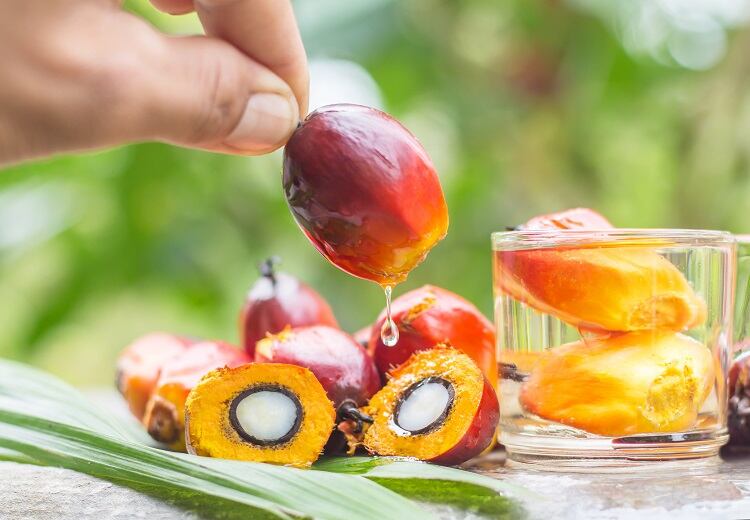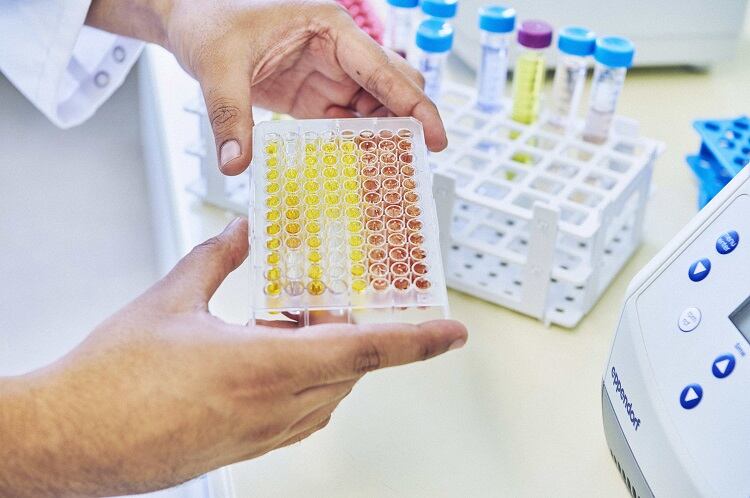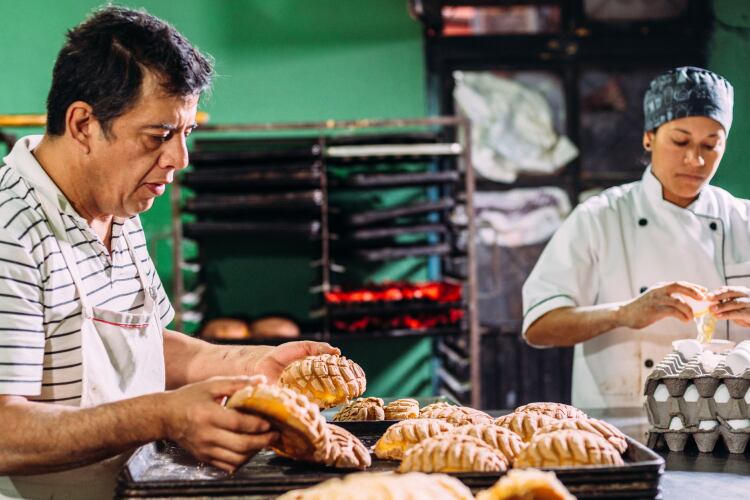The newly opened site will serve as a ‘centre for excellence’, according to CSM Ingredients CEO Aldo Uva, and aims to develop a ‘new generation’ of food ingredients with human and planetary health in mind.
Replacing plant-based fats with microbial fats
With the launch of its dedicated fats and oils Innovation Center, CSM is committing to increasing R&D efforts in this ingredients segment.
One area of interest lies in the discovery of replacements for potentially problematic plant-based oils – particularly those known for having a significant environmental impact during production.
Palm oil likely the plant oil most linked to environmental degradation. Irresponsibly produced palm oil continues to be a major driver of deforestation in some of the world’s most biodiverse forests.
But even when produced sustainably, many plant-based oils are strictly limited to the environmental conditions they grow in, explained Nils Hinrichsen, Head of Innovation Center Fats, Oils & Emulsifiers. “For example, palm oil can only grow in the tropics, and canola [rapeseed] needs temperature, climate and water in specific periods.”
CSM is exploring new methods of obtaining oils via the production of microbial fats. Produced from microorganisms – including yeast and microalgae – in reactors, microbial oils can be grown using a variety or renewable feedstocks in various conditions. “One of the positive aspects about microbe reactors is that they can be put in almost any location in the world,” Hinrichsen told FoodNavigator.

The ingredients supplier does not currently have in-house reactors for the production of microbiological oils, but has developed partnerships with ‘various’ start-ups working in this space.
“We are sharing our deep knowledge about oils and fats, as well as working to test the fats in various applications and show up the drawbacks and advantages of the products.
“And, as a company with a global reach, we have access to the oils and fats market, which eases the commercialisation once a product is available.”
CSM does not believe yeast oil volumes will scale to a size capable of replacing palm oil on the market ‘any time soon’, but for smaller niche applications, the company anticipates first products will enter the market ‘in the coming years’.
Making healthier fats with plants
CSM’s Delmenhorst-based Innovation Center is not focused on microbial fat alternatives alone.
Indeed, for the most part, the company is looking at vegetable fats ‘since these are widely available’, we were told. “Still, not all plants producing oils and fats are utilised sufficiently yet.”
The company believes there is ‘much more to gain’ by also utilising other ‘smaller’ crops better.

Nutrition is a major focus of CSM’s work within the plant-based oils segment. According to the World Health Organization, less than 30% of human daily calorie intake should come from fats, with intake of saturated fats accounting for less than 10% of total energy intake.
CSM’s new fields of research are focused on finding healthier alternatives to saturated fats.
“A lot of food ingredients, like margarines or confectionery coatings, contain a lot of saturated fats, which generate texture and stability,” explained Hinrichsen. Highly saturated fats, for example, give firmness to chocolate or make butter spreadable.
“For us, the challenge is to enrich these products with more unsaturated fatty acids and omega-3 fatty acids to make them healthier.
“By omitting the saturated fats, we will lose structure and texture. Our research is mostly focused on keeping the structure but still getting rid of the unhealthy compounds.”
CSM is also working on the enrichment of traditionally sugar- and fat-rich product with fibres, proteins and healthy lipids
Global enzyme tech innovation
Another approach leveraged by CSM to improve sustainability credentials – the company aspires to be become a ‘net-positive ingredient tech platform’ – is by

replacing ‘highly energy consuming’ production processes with enzyme technology.
To do this, CSM is partnering with various start-up companies (such as Allozymes in Singapore) and operates innovation hubs in Germany, Israel, Singapore and the US.
“Enzymes are already used in the modification of oils and fats – for example to interesterify [rearrange] fats – but also directly in food systems, for example to keep bread fresh for a longer time,” Hinrichsen told this publication.
“At CSM Ingredients, we are exploring new ways to utilise these enzymes.”





